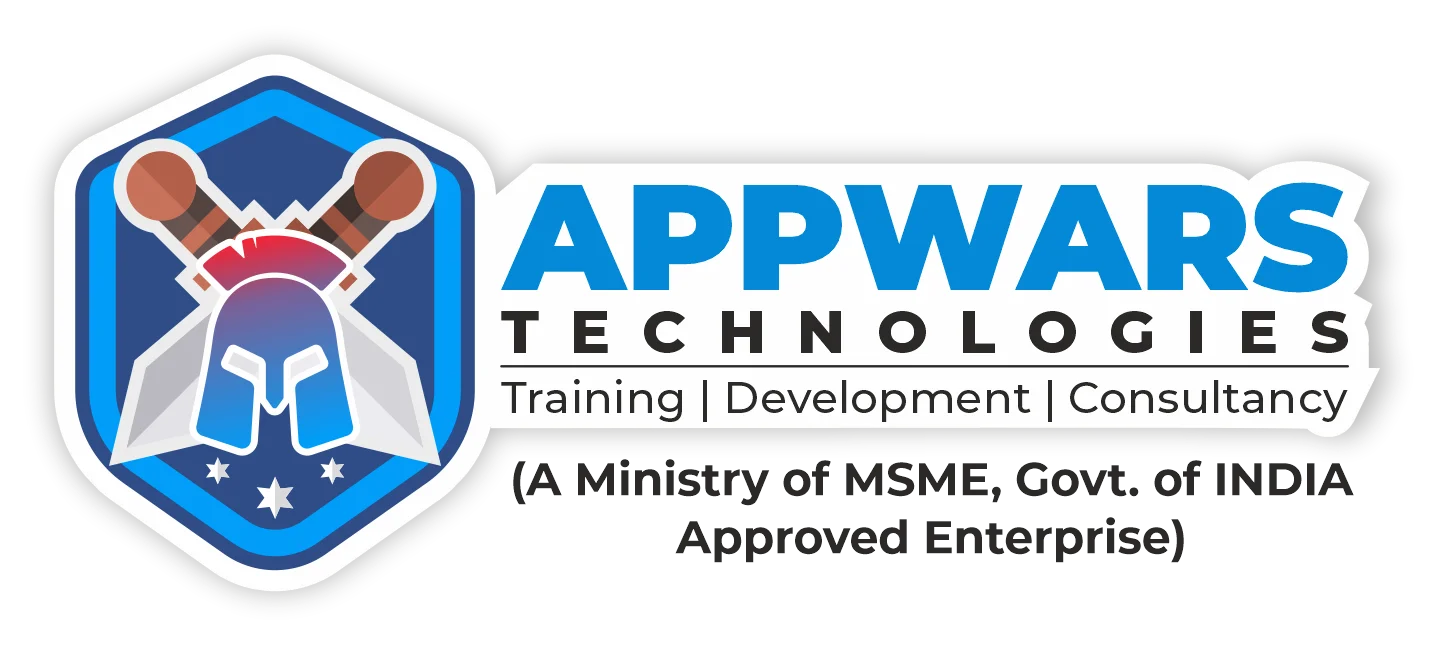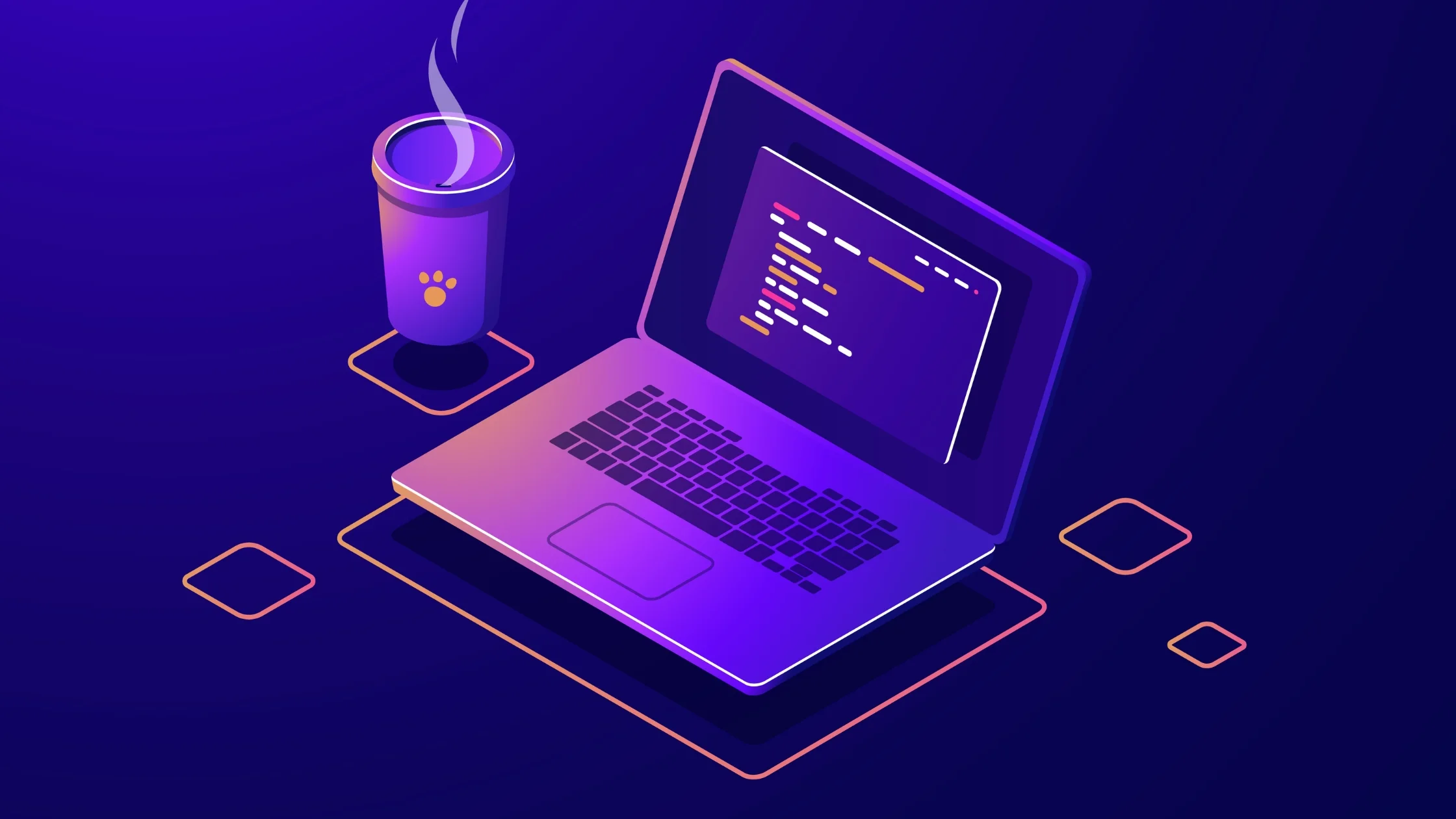In the ever-evolving landscape of technology, the demand for skilled professionals who can work on both the front-end and back-end of applications continues to rise. Among the various technologies available, Java remains a stalwart choice for full-stack development due to its robustness, scalability, and extensive ecosystem. As we step into 2025, becoming a Java Full Stack Developer is an excellent career path for aspiring tech enthusiasts. This blog will guide you through the skills, tools, and steps necessary to establish yourself as a proficient Java Full Stack Developer in 2025.
Understanding Full Stack Development
A full-stack developer is a versatile professional proficient in both front-end and back-end development. The front end involves creating the user interface (UI) and user experience (UX), ensuring the application is visually appealing and easy to navigate. The back end focuses on server-side logic, database management, and application functionality.
Java Full Stack Developers specialize in using Java and its ecosystem for back-end development while leveraging various front-end technologies for client-side development. This dual expertise allows developers to build end-to-end solutions, from user interaction to data management.
Why Choose Java for Full Stack Development?
Java has been a cornerstone of software development for decades. Its platform independence, extensive libraries, and strong community support make it an ideal choice for building scalable, secure, and robust applications. Here are some reasons why Java is a preferred technology for full-stack development:
Platform Independence:
Java’s “Write Once, Run Anywhere” capability ensures applications can run on any device with a Java Virtual Machine (JVM).
Strong Ecosystem: Frameworks like Spring Boot, Hibernate, and JavaServer Faces (JSF) streamline back-end development.
Security:
Java offers in-built security features, making it suitable for enterprise-level applications.
Community Support:
Java’s extensive community provides ample resources, tutorials, and support for developers.
Integration Capabilities:
Java seamlessly integrates with various front-end technologies, databases, and third-party APIs.
Core Skills for a Java Full Stack Developer in 2025
To excel as a Java Full Stack Developer, you need a comprehensive skill set that encompasses front-end, back-end, database management, and deployment techniques. Let’s delve into the core skills you need to master:
Front-End Development Skills
The front end is the face of your application. Mastering the following technologies is crucial:
HTML5 and CSS3:
The building blocks of web pages enable you to create responsive and visually appealing designs.
JavaScript:
A versatile language for adding interactivity and dynamic features to your application.
Front-End Frameworks:
Frameworks like Angular, React, or Vue.js are essential for building complex, single-page applications (SPAs).
Responsive Design:
Knowledge of frameworks like Bootstrap or Tailwind CSS ensures your application looks great on all devices.
Version Control:
Familiarity with Git and GitHub is crucial for managing code and collaborating with teams.
Back-End Development Skills
As a Java Full Stack Developer, your primary focus will be on the back end. Key areas to focus on include:
Core Java:
A strong understanding of Java basics, including object-oriented programming, data structures, and algorithms.
Spring Framework:
Mastering Spring Boot for creating microservices, Spring MVC for web applications, and Spring Security for authentication and authorization.
Hibernate:
An ORM tool for simplifying database interactions and managing data persistence.
RESTful APIs:
Designing and consuming APIs for seamless communication between the front-end and back-end.
Testing Tools:
Tools like JUnit and Mockito are essential for writing unit tests and ensuring code quality.
Database Management
A strong grasp of databases is vital for managing and retrieving data efficiently:
Relational Databases:
Proficiency in SQL and working with databases like MySQL, PostgreSQL, or Oracle.
NoSQL Databases:
Familiarity with MongoDB or Cassandra for handling unstructured data.
Database Design: Understanding normalization, indexing, and query optimization.
DevOps and Deployment Skills
In 2025, DevOps practices will be integral to the software development lifecycle. Key tools and practices include:
Version Control:
Git and platforms like GitHub or GitLab for collaborative development.
CI/CD Pipelines:
Tools like Jenkins, GitHub Actions, or GitLab CI/CD for automating builds, tests, and deployments.
Containerization:
Docker is used to create portable and consistent environments.
Cloud Platforms:
AWS, Azure, or Google Cloud for deploying and managing applications in the cloud.
Monitoring Tools:
Tools like Prometheus, Grafana, or ELK Stack are used to monitor application performance.
Soft Skills
Technical expertise alone isn’t enough. Soft skills are equally important:
Problem-Solving:
Ability to analyze and solve complex technical challenges.
Communication:
Effective communication with team members, stakeholders, and clients.
Time Management:
Meeting project deadlines while maintaining code quality.
Adaptability:
Staying updated with the latest technologies and trends.
Step-by-Step Guide to Becoming a Java Full-Stack Developer
Now that you know the required skills, let’s outline a roadmap to becoming a Java Full Stack Developer:
Step 1: Learn the Basics of Programming
Start with foundational programming concepts, including variables, loops, functions, and data structures. Java is an excellent language for beginners due to its clear syntax and extensive documentation.
Step 2: Master Core Java
Gain a solid understanding of Java’s core concepts, such as object-oriented programming, exception handling, and multithreading. Practice coding problems on platforms like LeetCode or HackerRank to strengthen your problem-solving skills.
Step 3: Learn Front-End Technologies
Dive into HTML, CSS, and JavaScript. Explore popular frameworks like React or Angular and build small projects to apply your knowledge. Learning tools like Webpack or Vite for bundling and deploying front-end applications is also beneficial.
Step 4: Explore Back-End Development
Learn Java frameworks like Spring Boot for building RESTful APIs and managing application logic. Understand database interactions using Hibernate and practice writing queries in SQL.
Step 5: Build Projects
Practical experience is invaluable. Start with small projects, such as a to-do app or a blog platform, and gradually move to more complex applications. Showcase your projects on GitHub to create a portfolio.
Step 6: Understand Deployment and DevOps
Learn to deploy applications using tools like Docker and Kubernetes. Familiarize yourself with CI/CD pipelines and cloud platforms to manage production environments.
Step 7: Stay Updated
Technology evolves rapidly. Follow tech blogs, attend webinars, and participate in coding communities to stay updated on the latest trends and best practices.
Step 8: Get Certified
Certifications validate your skills and enhance your resume. Consider certifications like Oracle Certified Professional: Java SE Programmer, AWS Certified Developer, or Kubernetes Certified Application Developer (CKAD).
Career Opportunities for Java Full Stack Developers in 2025
The demand for Java Full Stack Developers is expected to remain strong in 2025, with opportunities spanning various industries, including e-commerce, finance, healthcare, and more. Common roles include:
- Full Stack Developer
- Back-End Developer
- Front-End Developer
- Software Engineer
- Application Developer
Java Full-Stack Developers earn highly competitive salaries, with experienced professionals earning lucrative packages. Additionally, the flexibility to work on both client-side and server-side applications makes full-stack developers invaluable to organizations.
Conclusion
Becoming a Java Full Stack Developer in 2025 is a rewarding journey that combines creativity, problem-solving, and technical expertise. By mastering the required skills, building real-world projects, and staying updated with the latest trends, you can position yourself as a sought-after professional in the tech industry. Appwars Technologies is committed to empowering aspiring developers with the knowledge and tools they need to succeed. Start your journey today, and take the first step toward a fulfilling career as a Java Full Stack Developer. With dedication, continuous learning, and hands-on experience, the possibilities are endless!







